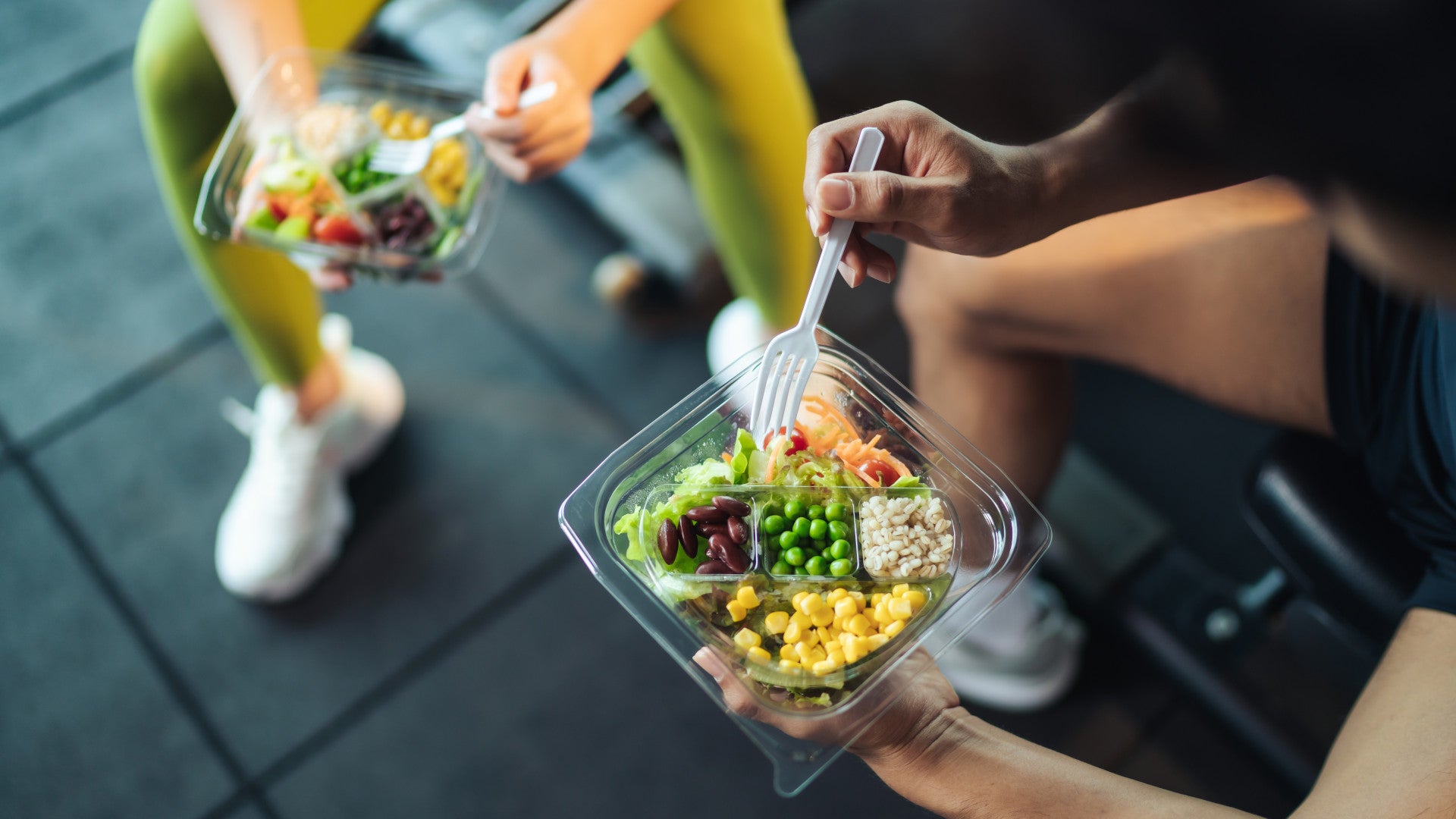Blitz News Digest
Stay updated with the latest trends and insights.
Lifting Weights and Plates: The Balanced Diet Dilemma
Discover how to balance your lifting routine with the right diet. Uncover the secrets to fueling gains while enjoying your favorites!
How to Fuel Your Workout: The Perfect Balance of Weights and Nutrition
When it comes to optimizing your workouts, finding the perfect balance of weights and nutrition is essential. Weight training is not only about lifting heavy but also about ensuring your body has the right fuel to perform at its best. Focus on incorporating a mixture of protein, carbohydrates, and healthy fats into your meals. For example, a well-rounded pre-workout meal could include oatmeal topped with banana and a spoonful of almond butter. This combination provides the necessary energy while supporting muscle repair and growth.
Post-workout nutrition is equally important for recovery and gains. Aim to consume a meal rich in protein and carbohydrates within 30 minutes of finishing your session. A smoothie made with protein powder, spinach, and berries or a classic chicken and rice dish can help replenish glycogen levels and promote muscle recovery. Remember, the key to success lies in striking the right balance of weights and nutrition; together, they can significantly enhance your performance and results.

The Science Behind Muscle Growth: Are You Eating Enough for Lifting Weights?
The process of muscle growth, also known as hypertrophy, is primarily driven by the balance between the stress placed on your muscles during weightlifting and the nutritional support they receive afterward. When you engage in resistance training, you create microscopic tears in your muscle fibers. In response, your body activates its repair mechanisms, leading to muscle adaptation and growth. However, this process requires adequate nutrition—especially protein—as well as a caloric surplus to fuel recovery and new muscle synthesis. If you're not eating enough to support these demands, you may struggle to make gains, regardless of how hard you train.
To effectively promote muscle growth, it's essential to understand your body's nutritional needs. Here are a few key factors to consider:
- Protein Intake: Aim for at least 1.6 grams of protein per kilogram of body weight.
- Caloric Surplus: Consuming more calories than you burn provides the energy necessary for recovery and growth.
- Balanced Diet: Ensure that your meals are rich in vitamins, minerals, and healthy fats to support overall health and performance.
Can You Build Muscle on a Balanced Diet? Debunking Common Myths
Building muscle on a balanced diet is not only possible, but it is also essential for long-term health and fitness. Many people believe that to gain muscle, they must consume an excessive amount of protein while neglecting other important nutrients. However, a balanced diet encompasses all food groups, including carbohydrates and fats, which play crucial roles in energy production and overall bodily function. Consuming an array of whole foods—lean proteins, whole grains, fruits, and vegetables—ensures that the body receives the necessary vitamins and minerals to support muscle growth and recovery.
Another common myth is that you need to eat numerous small meals throughout the day to stimulate muscle growth. While frequent meals can benefit some individuals, the most important factor is the overall quality and quantity of the food consumed. Research shows that muscle gain is more about achieving your daily macronutrient targets rather than the timing of meals. By focusing on a balanced diet and maintaining a consistent caloric surplus, anyone can build muscle effectively without adhering to strict or unrealistic eating patterns.